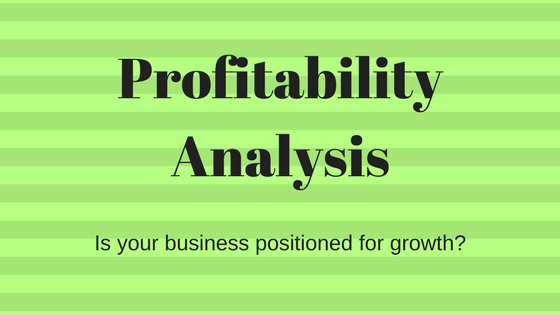Be careful of accounting definitions
The accounting definition of working capital = current assets – current liabilities.
On the surface this has very little meaning.
Current assets & liabilities could contain items that is not related to operations.
Know your numbers so you know your business
Working capital: Internal Vs External
Working capital is used to evaluate the efficiency of cash management in meeting the demands of the direct cost of goods/
Learn More
Accounts Receivable Turnover
Do you know what your AR is costing you?
Why accounts receivable?
Increase sales.
Downside of Accounts Receivable
Bad debt
Opportunity cost of cash
Additional staff required to maintain accounts
Interest cost if business has to take loan to meet working capital needs
Background checks/ collection services
Office supplies like paper and ink sent to customers who owe
Credit card and accounts receivable
When you offer your customers the
Learn More

What is Return on Assets?
To truly understand return on assets, you must first be able to differentiate between operating and non-operating assets.
Operating Assets
Operating assets are economic resources owned by the owners of the business. Operating assets are bought to generate future revenue and can usually be converted to cash in the future. This means they can potentially be resold after use. Operating assets often include:
Cash – at a minimum your must have
Learn More

Focus on improving margins before working on growth.
Margin management attempts to manage risk by evaluating both cost and revenue simultaneously rather than as individual units of risks. Margin management involves the management of revenue, expenses and taxes all simultaneously. Looking at each factor in isolation does not always yield the most margin effective decision. For example, you could have a strategy that raises revenue by $5, cost $3 to obtain and after-tax effect will leave you with $2.55. By thinking
Learn More

Advantages of LLC
As a Certified Public Accountant I often encounter the question should I become a s-corporation or LLC? What are the advantages of LLC? Even though I understand why people ask the LLC or S Corp question, I realize the information is based on incomplete knowledge. You can be a straight s-corporation or a LLC taxed as a s-corporation. Which one is most beneficial depends on your unique situation.
S Corporation
Learn More
